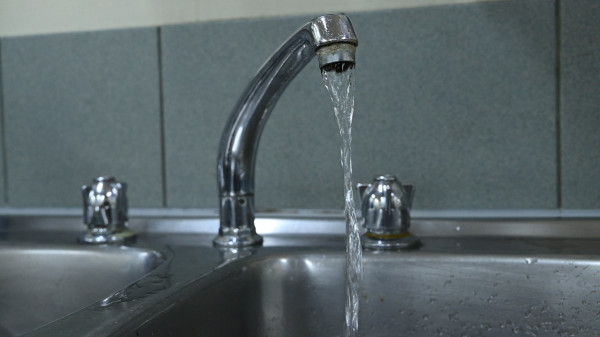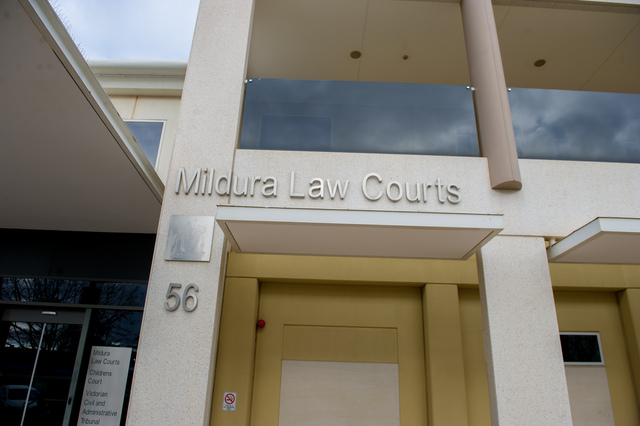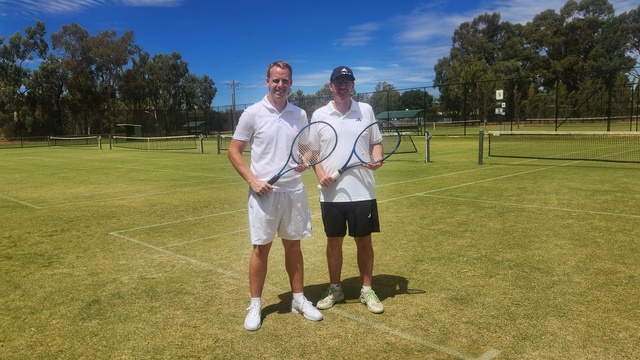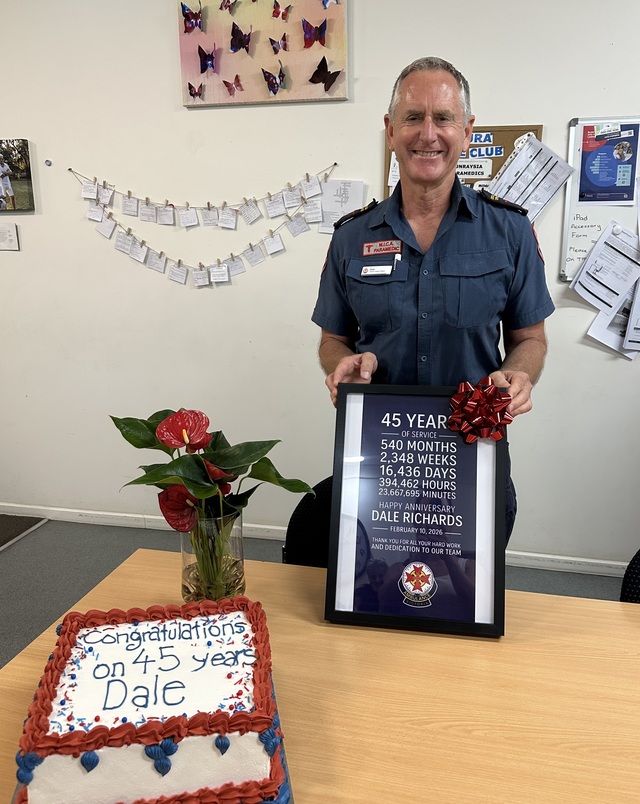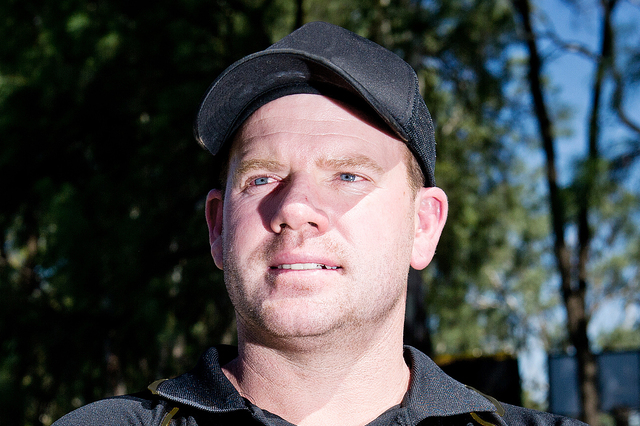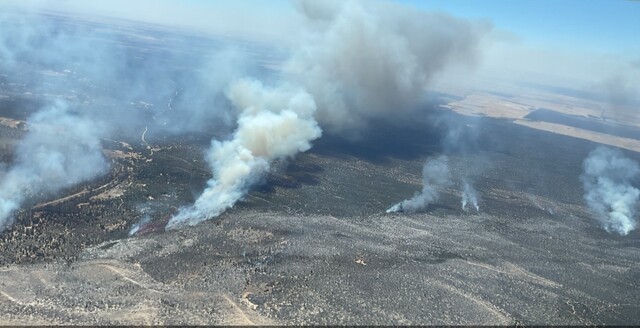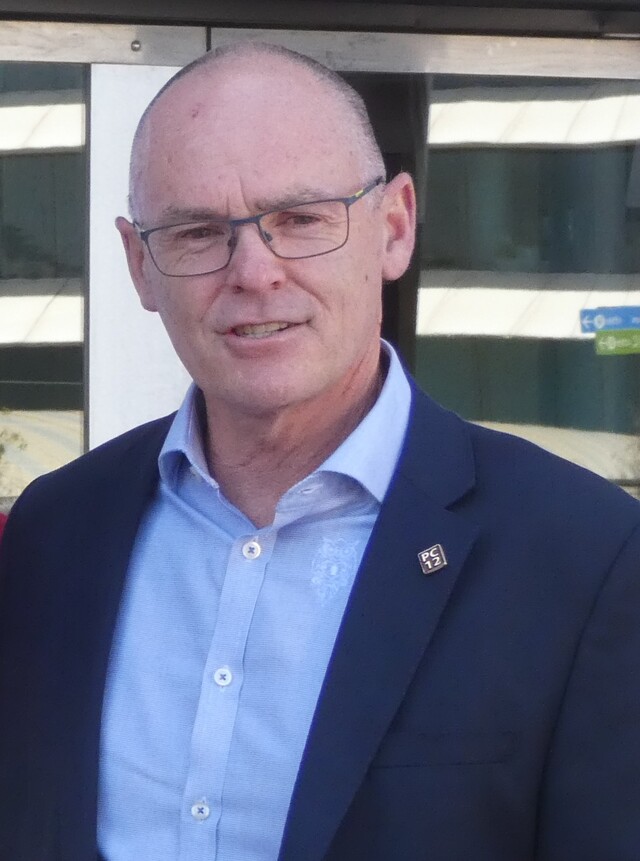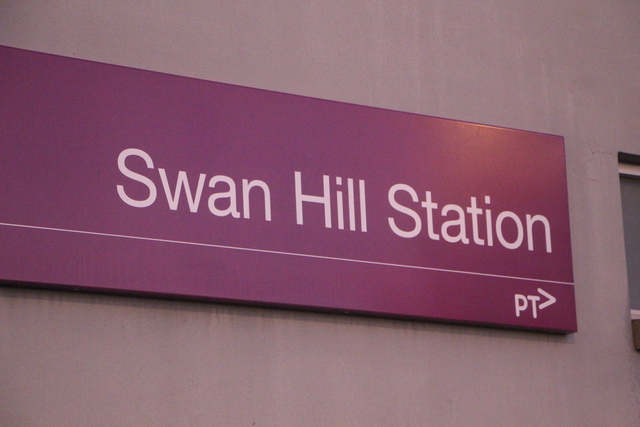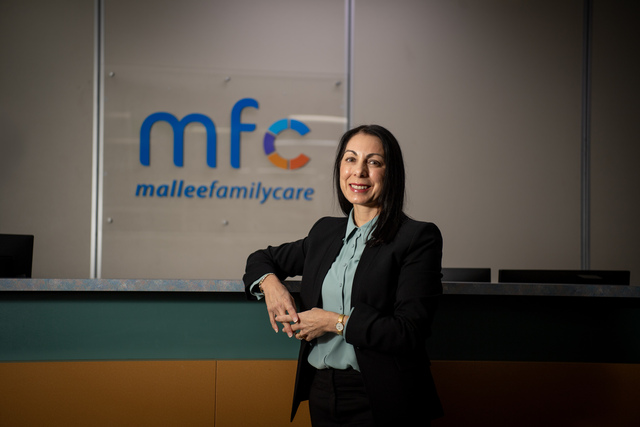LOBBY group Local Government New South Wales is seeking extra funding for municipalities in that state to monitor the levels of “forever chemicals” in local water supplies.
At the NSW Parliamentary Inquiry into Per- and polyfluoroalkyl contamination in waterways and drinking water supplies, LGNSW warned that local councils could not shoulder the ongoing financial burden of addressing and managing PFAS risks alone.
Appearing before an Upper House select committee on Wednesday LGNSW board director and Mayor of Wagga Wagga Cr Dallas Tout spoke about the 89 council owned local water utilities that are responsible for providing water and sewerage services to more than 1.8 million people in NSW outside of the Sydney and Hunter regions.
He said an intention to make standards for PFAS monitoring more stringent would inevitably result in an escalation in costs for agencies with already constrained budgets and capacity.
“With guidance and funding support from NSW Health, all local water utilities have undertaken initial PFAS screenings on their water supply systems as a precautionary measure,” Cr Tout said.
“The NSW Government needs to provide financial assistance to LWUs to meet stricter PFAS standards, to upgrade drinking water treatment systems and to undertake PFAS clean-up measures.”
President of LGNSW and Mayor of Forbes Shire Council Cr Phyllis Miller said the current funding arrangements were appreciated, but noted that major infrastructure upgrades and investment to address PFAS contamination would be needed.
“Councils support evidence-based standards for safe drinking water,” she said.
“However, any changes to standards will require substantial capital investment that councils cannot fund.
“PFAS contamination is not a problem of councils making, and is beyond the financial capacity of councils to address.
“We look forward to both State and Commonwealth Governments working in partnership with councils to protect the water supplies our communities rely on.”
The inquiry is due to report back to parliament by June 20, 2025.

